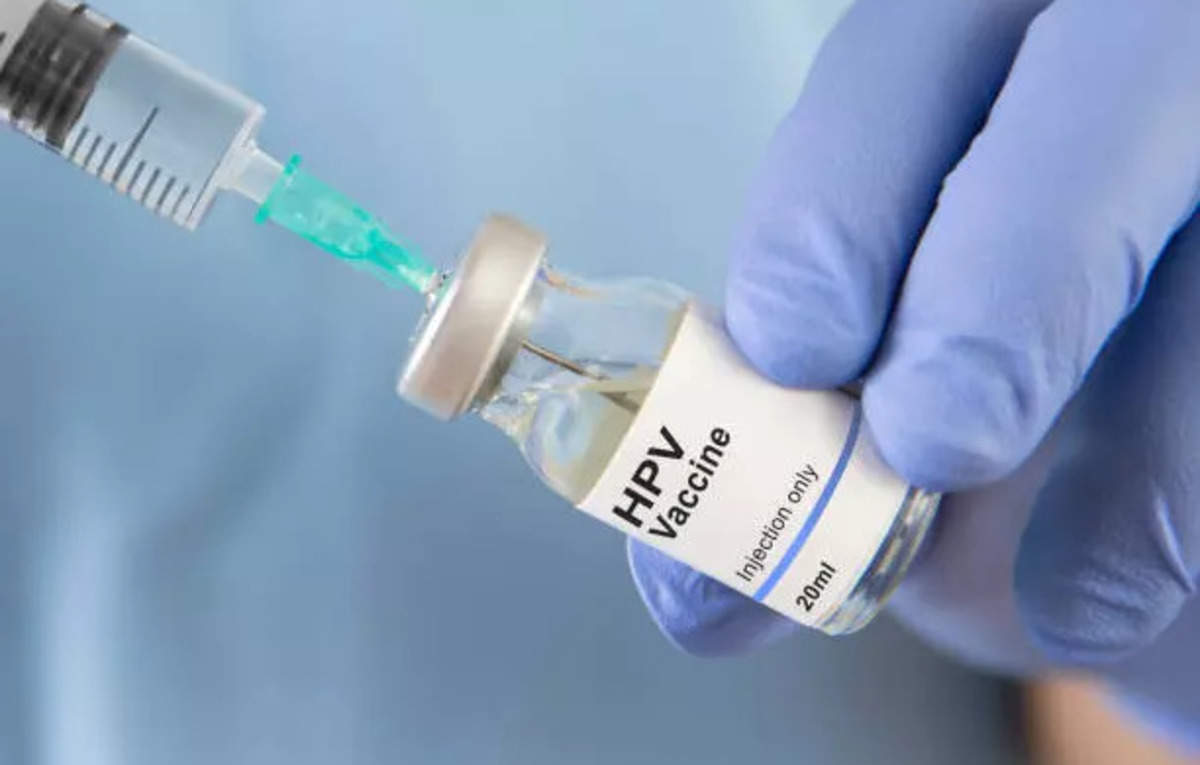
Mumbai: Bariatric surgery experts across India collaborated on a survey-based study conducted from August 2021 to August 2022. The surgeons that collaborated were Dr Aparna Govil Bhasker, Consultant Bariatric and Laparoscopic Surgeon, Saifee, Namaha and Apollo Spectra Hospitals, Mumbai; Dr Atul NC Peters, Bariatric, Minimal Access & General Surgery, Max Hospital, Saket New Delhi; Dr GS Jammu, Bariatric Surgeon, Jammu Hospital Jalandhar; Dr Manish Khaitan, Director, Nobesity Bariatric and Metabolic Surgery Centre, KD Hospital, Ahmedabad; Dr Raj Palaniappan, Bariatric Surgeon, Apollo Hospitals, Chennai; Dr Shashank S Shah, Laparoscopic Bariatric Surgeon, Laparo Obeso Centre Pune; Dr Shivaram HV, GI and Bariatric Surgeon, Aster Hospital, Bengaluru; and Dr Praveen Raj, Bariatric Surgeon Gem Hospital, Coimbatore. The above bariatric surgeons came together and contributed their data to develop this score. The study sought to evaluate the clinical validity of an obesity risk assessment tool in a sample of 1,046 patients grappling with obesity in India. The study was published in the Diabetes and Obesity International Journal.Obesity is an escalating global health crisis affecting people of all ages, genders, ethnicities, and socioeconomic backgrounds. In India, the projections for obesity prevalence are alarming, with forecasts estimating that by 2040, obesity rates will reach 9.5 per cent among men and 13.9 per cent among women. This is worse for children. According to data from the National Family Health Survey (NFHS-5) conducted in 2019-2020, the prevalence of childhood obesity among children under the age of five in India was 9.4 per cent. Even more concerning is the impending surge in obesity-related health issues, significantly elevating the risk for cardiovascular diseases, type 2 diabetes, cancers, joint problems, sleep apnoea, infertility, and other associated conditions. This escalating crisis threatens to further burden an already stretched healthcare system. “Unfortunately, prevailing misconceptions persist, with obesity often viewed merely as a cosmetic concern or a self-inflicted condition caused by a lack of willpower, one that can be managed through diet and exercise alone. The lack of recognition of obesity as a disease requiring valid treatment options remains a significant challenge. Many still believe that obesity, regardless of its severity, should be addressed without medical intervention. Ambiguity surrounds the classification of obesity’s severity, perpetuating societal pressure and stigma that hinder individuals from seeking medical or surgical treatment. Consequently, patients with obesity often find themselves ensnared in a cycle of unsustainable fad diets and quick fixes, which, in the long run, do more harm than good,” said Dr Bhasker.Dr Bhasker added, “This situation partly stems from insufficient awareness and the lack of tools for accurately measuring the severity of obesity and guiding individuals toward appropriate treatments. Just as with other chronic conditions like type 2 diabetes, heart disease, and cancer, obesity treatment should be personalised, considering not only weight and body mass index (BMI) but also factors such as associated diseases, cardiovascular risk, mobility, psychological well-being, and quality of life. Recognising this pressing need, our team undertook the development of this patient-friendly and user-friendly tool to assess and manage obesity effectively.”
During the study, the newly developed questionnaire provides an economical and reliable framework for assessing the level of obesity, identifying associated risks, and simplifying the pathway to appropriate obesity management. The innovative tool can be easily administered to patients and represents one of the few patient-facing instruments available for self-assessment. The questionnaire was completed by 1046 patients which included 639 (61.09 per cent) female and 407 (38.91 per cent) male participants. The mean age of patients was 41.29±12.4 years (age range: 15–97 years), and the mean BMI was 46.75±19.41 kg/m2. The ordered regression model predicted bariatric surgery for 66.63 per cent of patients, diet and exercise for 6.9 per cent, and pharmacotherapy for 4.6 per cent of patients. Overall, the findings suggest that the model had an accuracy of 78 per cent, providing evidence for the validity of the tool and suggesting the next action steps to be taken by the patient.
“The tool is developed using a wide range of patient-related risk factors for obesity such as age, BMI, physical limitations, presence of comorbidities, quality of life, mental health, mechanical, and genetic factors. Depending on the score it will help patients to decipher their obesity level and make an informed decision about whether they are good candidates for diet and lifestyle management, drug therapy, or bariatric/metabolic surgery and take away the confusion regarding available treatment options. This obesity risk assessment tool offers immense potential as a patient-oriented solution due to its simplicity and effectiveness in evaluation and guidance. This tool presents one of the simplest and most valid risk assessment methods, helping patients transition from awareness to action in the battle against obesity. Our vision is to develop this into an Internet-based Obesity Risk Assessment Tool in the near future. This revolutionary tool will aim to empower individuals to assess their risk of obesity from the comfort of their own homes or on their mobile devices, and subsequently guide them towards seeking appropriate treatment,” concluded Dr Bhasker.





